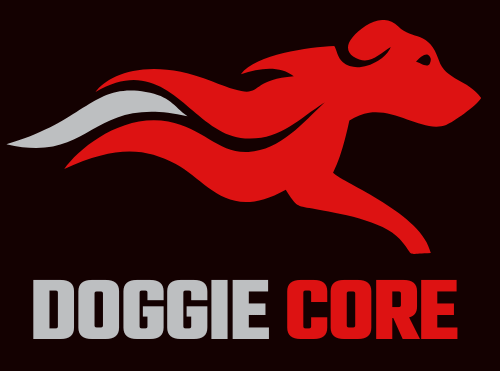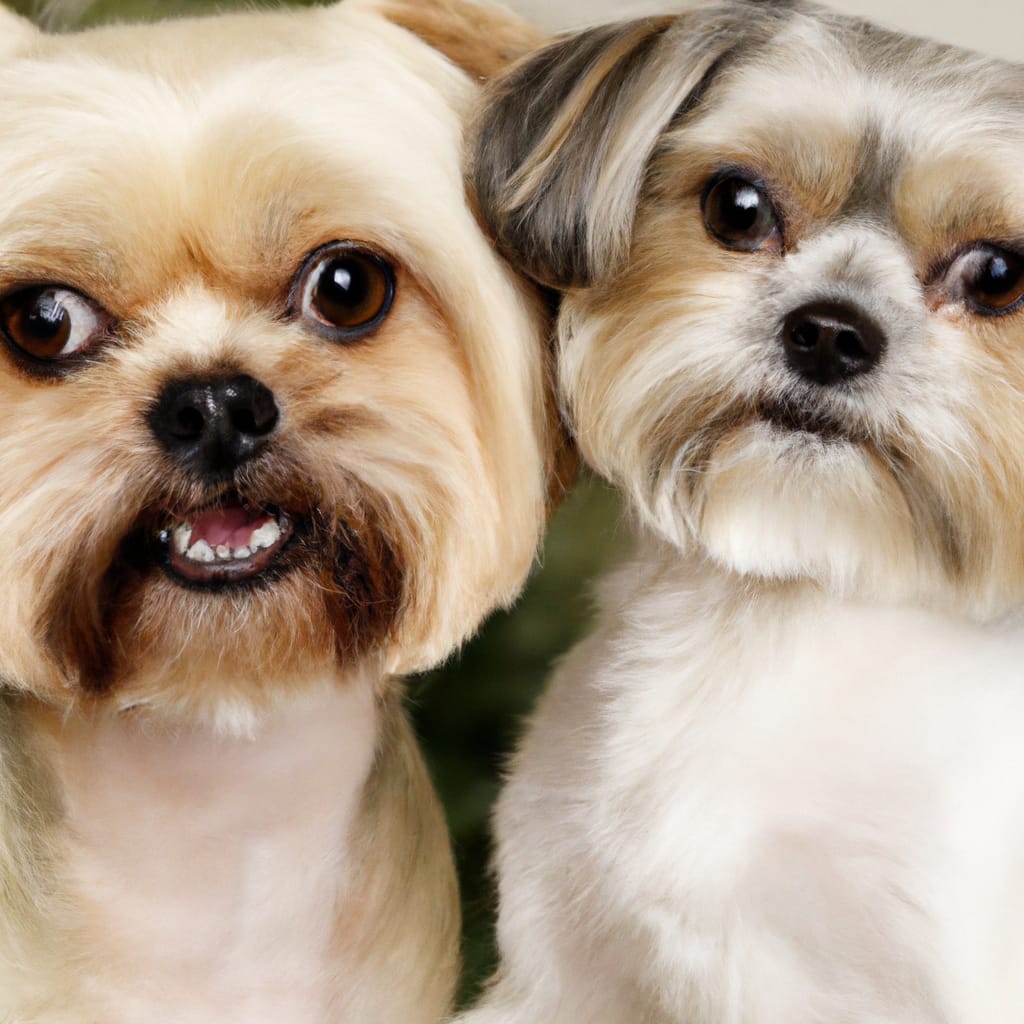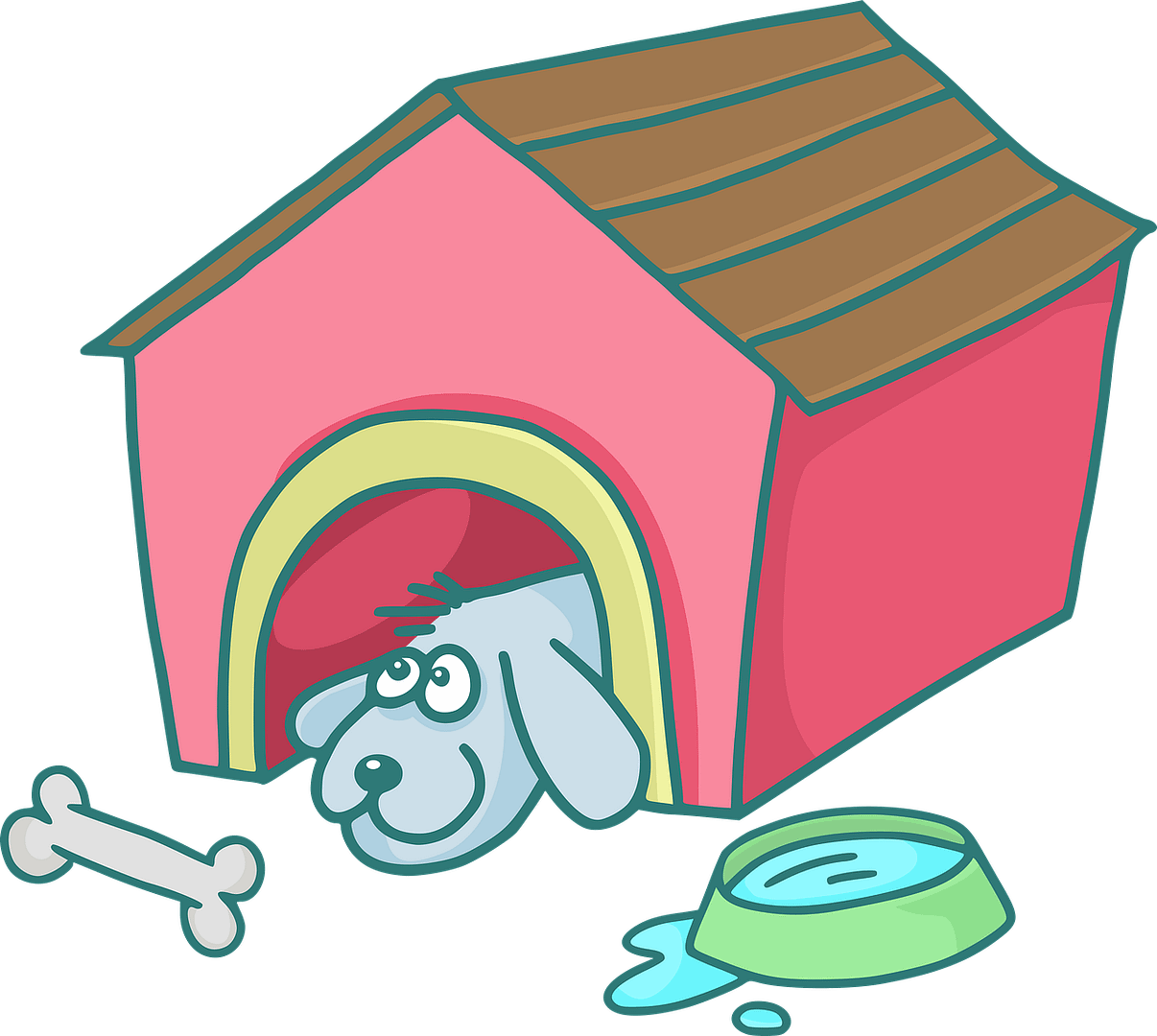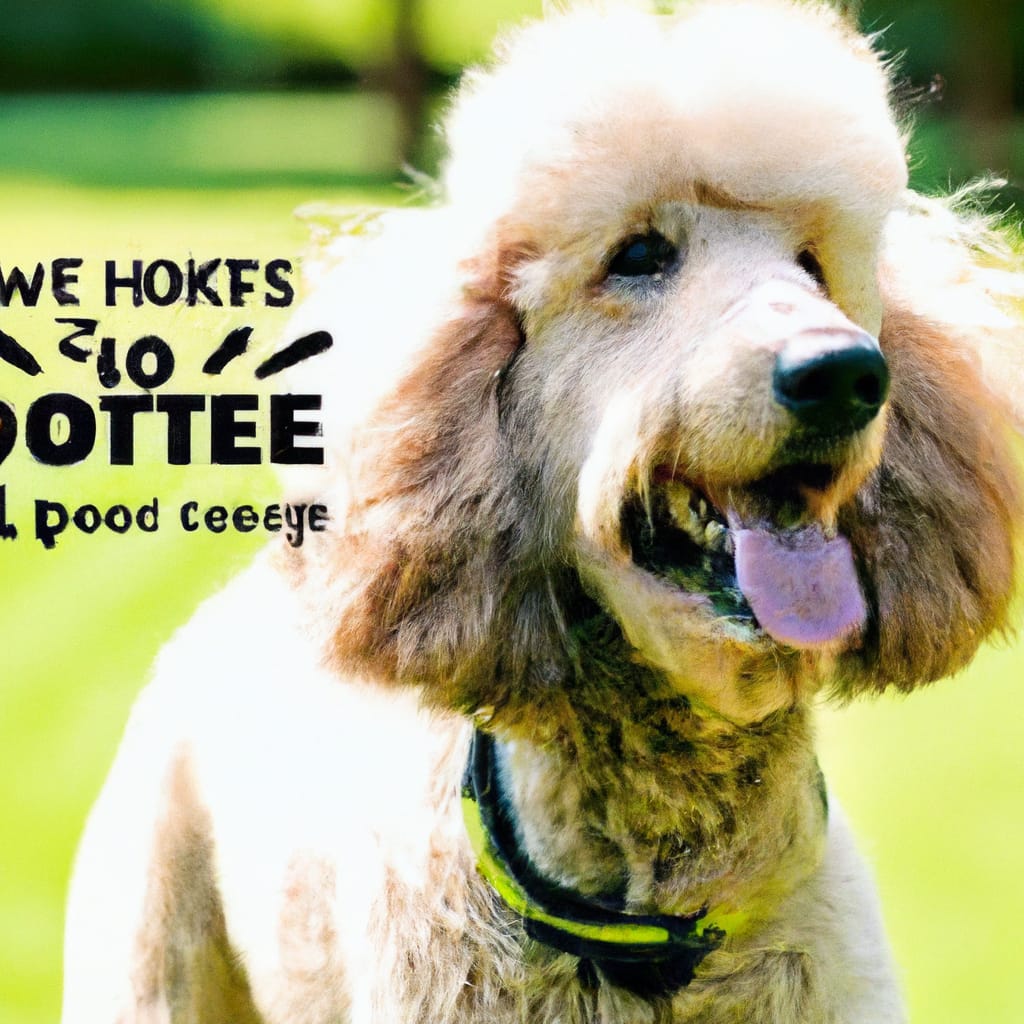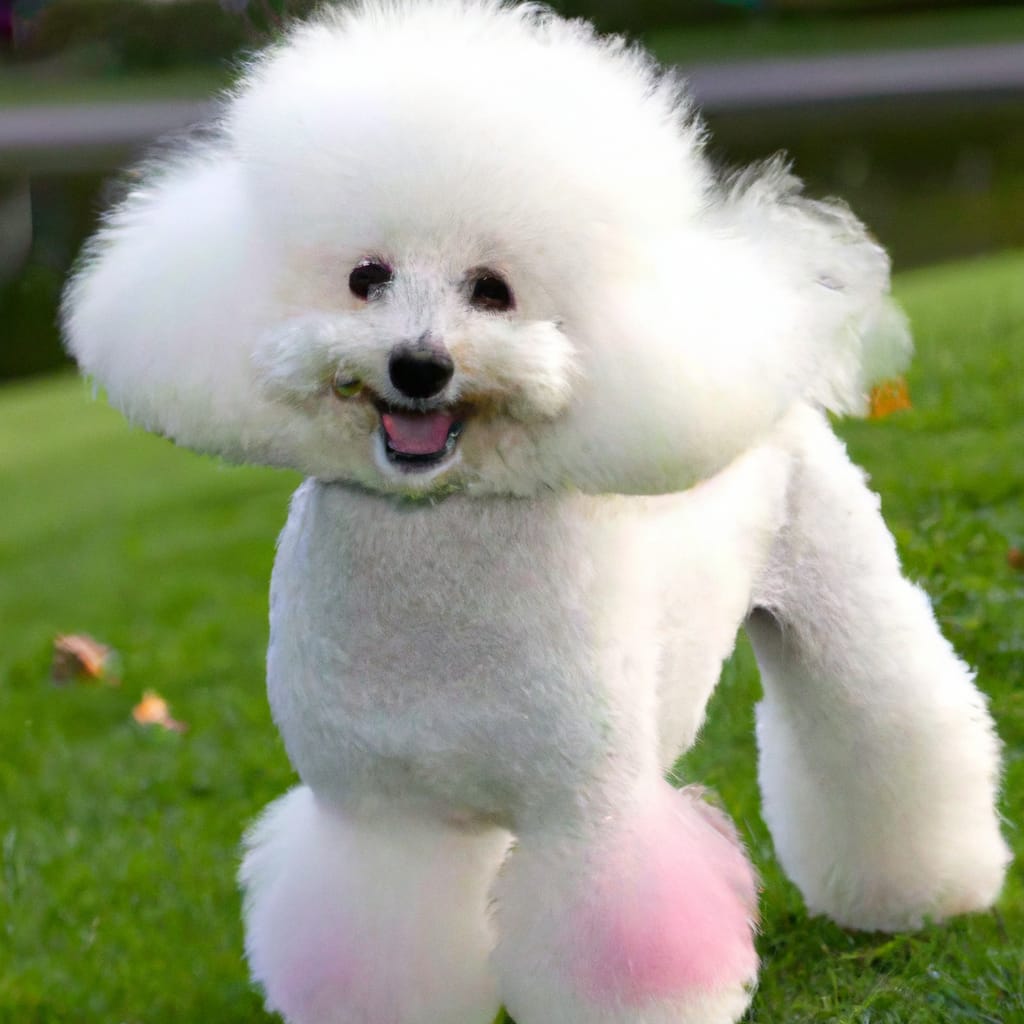Yorkie Vs Shih Tzu: How To Tell The Difference?
Are you curious about the distinction between a Yorkie and a Shih Tzu? Look no further, as we have all the answers for you! In this article, we will guide you through the key details that can help you readily identify the difference between these two adorable dog breeds. From physical appearance to temperament, we’ll explore everything you need to know to tell a Yorkie apart from a Shih Tzu. So, let’s get started on this fun and informative journey!
Physical Appearance
Size
Both Yorkshire Terriers and Shih Tzus are small-sized dogs, but they differ in terms of their size. On average, a Yorkshire Terrier typically weighs between 4 to 7 pounds and stands about 8 to 9 inches tall at the shoulder. In contrast, Shih Tzus are slightly larger, weighing around 9 to 16 pounds and standing approximately 9 to 10.5 inches tall.
Coat Texture
The coat texture of these two breeds is another distinguishing factor. Yorkshire Terriers have a long and silky coat that flows down their body, giving them a regal and elegant appearance. On the other hand, Shih Tzus have a dense double coat with a silky outer layer and a soft, wool-like undercoat, resulting in a luxurious and fluffy texture.
Coat Color
Both Yorkshire Terriers and Shih Tzus come in a variety of coat colors. Yorkshire Terriers are well-known for their distinctive steel blue and tan coat, with the tan often appearing on their face, chest, and legs. Shih Tzus, on the other hand, have a wide range of coat colors including gold, black, white, brindle, and many more. Some Shih Tzus also have markings such as a white blaze on their forehead or white tips on their tail and paws.
Head Shape
When it comes to the shape of their heads, Yorkies and Shih Tzus have noticeable differences. Yorkshire Terriers have a small, fine-boned head with a flat or slightly rounded skull. Their head is proportional to their body size, giving them a delicate and elegant facial structure. Shih Tzus, on the other hand, have a round and broad head with a pronounced stop. They often have a distinct fur pad on their forehead, adding to their adorable and distinct appearance.
Ear Shape
The shape of the ears is another characteristic that sets these two breeds apart. Yorkshire Terriers have small V-shaped ears that are carried erect, giving them a keen and alert expression. Shih Tzus, on the other hand, have large, floppy ears that hang down and frame their face. These soft, pendulous ears add to their charming and adorable look.
Eye Shape
The shape and expression of the eyes differ between Yorkshire Terriers and Shih Tzus. Yorkies have round, medium-sized eyes that are set apart and filled with a sparkling, intelligent expression. Their eyes are dark and placed fairly far apart, adding to their overall sweet and inquisitive appearance. Shih Tzus, on the other hand, have large, round, and prominent eyes that have a warm and gentle expression. Their eyes are known for their endearing “happiness” expression, which is a hallmark of the breed.
Temperament
Energy Level
When it comes to energy levels, both Yorkshire Terriers and Shih Tzus have their own unique personalities. Yorkshire Terriers are known for their high energy levels and playful nature. They enjoy engaging in activities and playing games, making them a lively and spirited companion. Shih Tzus, on the other hand, have a more moderate energy level. They are generally calm and enjoy leisurely walks and quality cuddle time with their owners.
Trainability
In terms of trainability, both breeds have their own strengths and characteristics. Yorkshire Terriers are intelligent and highly trainable, making them quick learners. They excel in obedience training and can easily pick up new commands. Shih Tzus, while trainable, may require more patience and consistency during training sessions. They can be a bit independent at times, but with positive reinforcement and gentle guidance, they can also learn and follow commands effectively.
Socialization
Both Yorkshire Terriers and Shih Tzus benefit greatly from early socialization. Yorkshire Terriers, although small in size, can sometimes exhibit a fearless and bold nature. Socializing them from a young age helps them develop good manners and become comfortable around other dogs and people. Shih Tzus have a friendly and affectionate nature, but they can be reserved or aloof with strangers if not properly socialized. Introducing them to various experiences and environments helps them become well-rounded and sociable companions.
Barking Tendencies
Yorkshire Terriers and Shih Tzus both have the potential to be vocal and bark. Yorkshire Terriers are known for their watchdog instincts, and they may bark to alert their owners of any potential threats or strangers. Shih Tzus, on the other hand, tend to be more prone to excessive barking if not properly trained and socialized. It is important for owners of both breeds to address barking behavior through training and positive reinforcement to ensure a harmonious living environment.
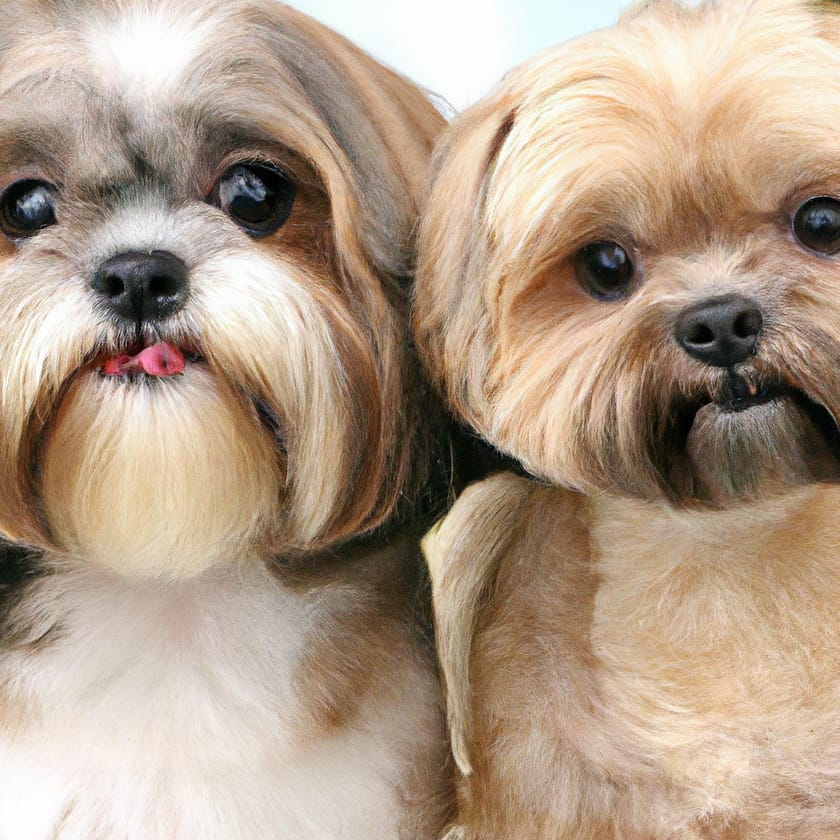
Grooming Needs
Hair Length
The hair length is a significant difference between Yorkshire Terriers and Shih Tzus. Yorkshire Terriers have a long, flowing coat that requires regular grooming and maintenance. Their hair grows continuously, similar to human hair, and can reach impressive lengths if left untrimmed. Shih Tzus, on the other hand, have a longer outer coat that requires regular brushing and care to prevent matting and tangling. Their hair typically grows evenly all over their body, creating a beautiful, dense coat.
Hair Care Routine
Maintaining a Yorkshire Terrier’s long hair requires regular brushing and care. Daily brushing helps prevent tangles and mats, and it keeps their coat healthy and free from debris. Some Yorkie owners also opt for professional grooming to keep their dog’s coat trimmed and manageable. Shih Tzus also benefit from regular brushing, ideally on a daily basis, to prevent matting. Their fur can be prone to knots and tangles due to its density, so a gentle hand and proper hair care tools are essential.
Bathing
Both breeds require regular baths to keep their coats clean and smelling fresh. Yorkshire Terriers should be bathed every few weeks, while Shih Tzus can be bathed every 2 to 4 weeks, depending on their activity level and lifestyle. It’s crucial to use dog-specific shampoos and conditioners that are gentle on their sensitive skin. It’s also essential to thoroughly dry their coats after bathing to prevent skin irritation and other potential issues.
Haircuts
Yorkshire Terriers often sport a variety of fashionable haircuts, ranging from the traditional long, flowing show coat to shorter, more manageable styles. Many owners opt to keep their Yorkies in a shorter haircut such as the “puppy cut” or a practical “short back and sides” trim. Shih Tzus are frequently seen in a full coat, left long and flowing. Some owners choose to tie the hair up into a topknot or use hair clips to keep it out of their eyes. Regular trimming is essential for both breeds to maintain their coat’s health and overall appearance.
Exercise Requirements
Activity Level
Yorkshire Terriers have a moderate to high activity level and enjoy engaging in physical activities. They love playing games, going for walks, and exploring their surroundings. Shih Tzus have a slightly lower activity level and prefer a leisurely pace. They still require regular exercise, but shorter walks or play sessions can often be sufficient to meet their needs.
Walks and Playtime
Both breeds benefit from daily walks and playtime to keep them mentally and physically stimulated. Yorkshire Terriers benefit from regular walks to burn off excess energy and explore their surroundings. They also enjoy interactive play with toys and games such as fetch or hide-and-seek. Shih Tzus also need daily walks but can have shorter walks due to their smaller size. Playtime with interactive toys, gentle training exercises, and indoor games are also enjoyable activities for Shih Tzus.
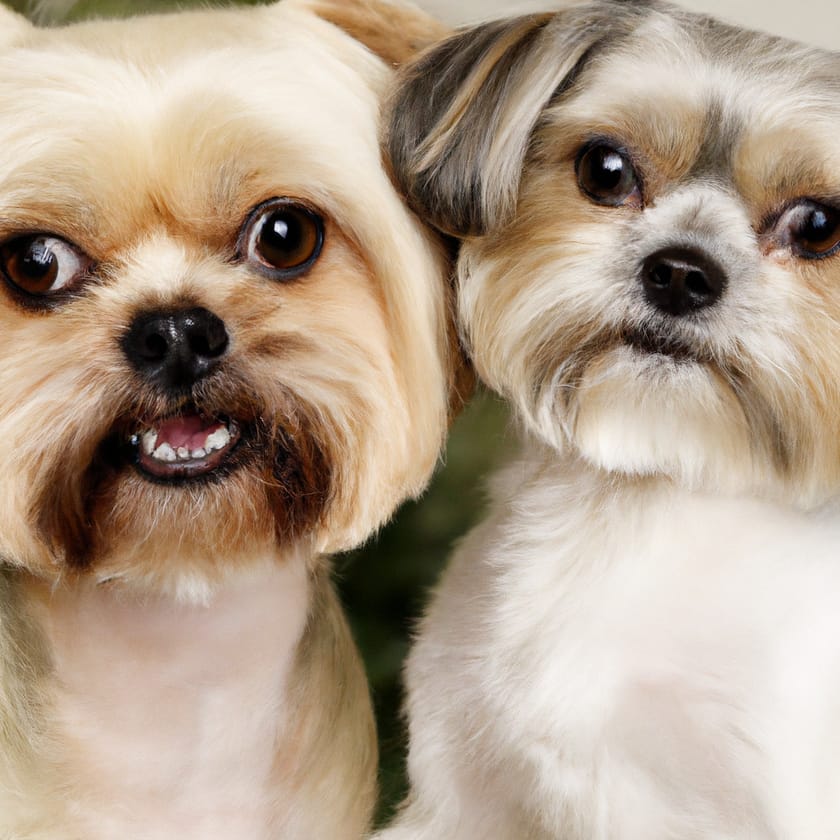
Health Concerns
Common Health Issues
Yorkshire Terriers and Shih Tzus are prone to certain health issues that potential owners should be aware of. Yorkshire Terriers are susceptible to dental problems, such as tooth decay and gum disease, due to their small mouths and overcrowded teeth. They are also prone to patellar luxation (knee dislocation) and portosystemic shunt, a liver condition. Shih Tzus commonly experience eye-related issues like corneal ulcers, progressive retinal atrophy, and dry eye. Both breeds may also be prone to tracheal collapse, hip dysplasia, and allergies.
Life Expectancy
Yorkshire Terriers have an average life expectancy of 11 to 15 years, while Shih Tzus typically live between 10 and 16 years. With proper care, a balanced diet, and regular veterinary check-ups, both breeds can enjoy a long and healthy life.
Genetic Conditions
While both breeds may be prone to certain genetic conditions, responsible breeding and genetic testing can help reduce the prevalence of such conditions. It is essential for potential owners to research and choose reputable breeders who prioritize the health and well-being of their dogs. Regular veterinary care and early detection of any potential health issues can ensure a higher quality of life for both Yorkshire Terriers and Shih Tzus.
Suitability for Families
Interactions with Children
Both Yorkshire Terriers and Shih Tzus can be suitable companions for families with children, but there are a few factors to consider. Yorkshire Terriers, due to their small size, may be more prone to injury if mishandled or accidentally dropped by young children. Therefore, it is important to supervise interactions between these dogs and young children to ensure the safety of both parties. Shih Tzus are generally patient and gentle with children, but their smaller size may also require caution and supervision during playtime.
Compatibility in Multi-Pet Households
Both Yorkshire Terriers and Shih Tzus can coexist with other pets in a multi-pet household. They are generally sociable dogs and can get along well with other dogs and cats when properly introduced and socialized. It is important to consider the personalities and temperaments of all pets involved and ensure a gradual and controlled introduction process to ensure a peaceful and harmonious living environment.
History and Origins
Origins of the Yorkshire Terrier
The Yorkshire Terrier, also known as the Yorkie, originated in the 19th century in Yorkshire, England. They were initially bred to catch rats in clothing mills and mines due to their small size and tenacious nature. Over time, they gained popularity as companion dogs in aristocratic circles, eventually becoming one of the most beloved toy breeds worldwide.
Origins of the Shih Tzu
The Shih Tzu has a rich history that traces back to ancient China. It is believed that they were bred by Tibetan monks and were considered sacred companions to the Dalai Lamas. They were highly valued and treasured within the imperial courts of China. The breed eventually made its way to the West and gained popularity, becoming a beloved family pet and show dog.
Breed Developments
Both the Yorkshire Terrier and the Shih Tzu have undergone selective breeding over the years to achieve the distinctive traits we see today. Yorkshire Terriers were developed by crossing various small terrier breeds such as the Waterside Terrier and Paisley Terrier. This selective breeding resulted in the elegant and refined breed we know today. Similarly, the Shih Tzu was bred through careful selection and crossing of various Tibetan breeds. The breeding program aimed to create a small, companionable dog with a luxurious coat and a gentle, affectionate disposition.
Popularity and Recognition
AKC Recognition
The American Kennel Club (AKC) recognizes both the Yorkshire Terrier and the Shih Tzu as separate breeds. The Yorkshire Terrier was officially recognized by the AKC in 1885, making it one of the oldest recognized toy breeds. The Shih Tzu was recognized by the AKC in 1969, and it quickly gained popularity due to its charming and distinctive appearance.
Popularity Rankings
Rankings of breed popularity may vary from year to year, but both the Yorkshire Terrier and the Shih Tzu consistently rank high in popularity. Their small size, charming personalities, and unique appearances make them appealing to a wide range of dog lovers. Potential owners should remember that popularity should not be the sole determining factor when choosing a breed and that individual suitability and compatibility should also be taken into consideration.
Breed Standards
Yorkshire Terrier Breed Standard
According to the AKC Yorkshire Terrier breed standard, these dogs should have a compact and well-proportioned body. Their coat should be long and flowing, with a fine texture. The standard also specifies the ideal size, weight, and coloration for show-quality Yorkies. The breed standard serves as a benchmark for breeders and enthusiasts to maintain the desired physical and temperamental traits of the Yorkshire Terrier.
Shih Tzu Breed Standard
The AKC Shih Tzu breed standard describes these dogs as having a sturdy and compact body with a distinctive head and expression. Their coat should be flowing and dense, with a luxurious feel. The standard addresses various aspects such as size, weight, color patterns, and facial features, ensuring consistency and adherence to the desired breed characteristics.
Choosing the Right Breed
Considerations for Yorkie Owners
If you are considering getting a Yorkshire Terrier, it is important to consider their high energy levels and grooming needs. Their small size may require additional care and attention, especially when around young children or larger pets. Yorkies thrive on mental and physical stimulation, so active play sessions and regular exercise should be incorporated into their daily routine. Additionally, their long and flowing coat requires regular grooming and maintenance to keep it tangle-free and healthy.
Considerations for Shih Tzu Owners
For those considering a Shih Tzu, it is important to consider their moderate energy levels and grooming requirements. While they are generally good with children and other pets, their smaller size may require supervision and careful handling when interacting with young children. Shih Tzus may also need regular grooming to maintain their beautiful coat, as well as daily brushing to prevent matting. Their friendly nature and affectionate disposition make them excellent companions for families and individuals alike.
In conclusion, both Yorkshire Terriers and Shih Tzus are charming and lovable dogs that bring joy and companionship to their owners. Understanding their physical appearance, temperament, grooming needs, exercise requirements, health concerns, and compatibility with families and other pets can help potential owners make an informed decision when considering these breeds. Regardless of which breed one chooses, providing a loving and caring environment, proper training, and regular veterinary care are essential for a happy and healthy life together.
